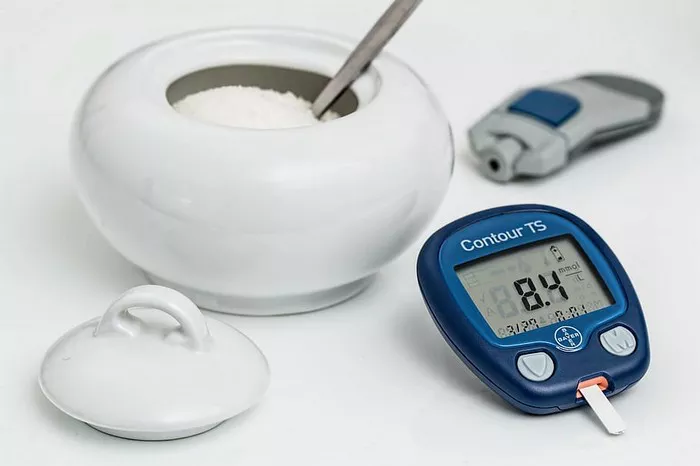Insulin resistance is a condition where cells in the body become less responsive to the effects of insulin, resulting in elevated blood sugar levels. It plays a significant role in the development and progression of type 2 diabetes and other metabolic disorders. Understanding insulin resistance is crucial for effective diabetes management and overall metabolic health.
Lifestyle Modifications
Lifestyle modifications are essential for reducing insulin resistance and improving metabolic health. Here are some actionable tips:
Healthy Eating:A balanced diet rich in fruits, vegetables, whole grains, lean proteins, and healthy fats is key. Portion control and minimizing processed foods, sugary beverages, and refined carbohydrates can help stabilize blood sugar levels.
Regular Exercise: Engaging in regular physical activity improves insulin sensitivity. Aim for at least 30 minutes of aerobic exercise most days of the week. Activities like walking, jogging, cycling, swimming, or strength training are beneficial.
Weight Management: Maintaining a healthy weight or losing excess weight if overweight or obese is crucial. Set realistic weight loss goals and adopt sustainable dietary and exercise habits to achieve them.
Stress Reduction: Chronic stress can exacerbate insulin resistance. Practice stress-reduction techniques such as mindfulness meditation, deep breathing exercises, yoga, or engaging in hobbies and activities that promote relaxation.
Adequate Sleep: Getting sufficient quality sleep (7-9 hours for adults) is essential for metabolic health and insulin sensitivity. Improve sleep hygiene and establish a consistent sleep schedule for better overall well-being.
Dietary Strategies
Specific dietary recommendations can help reduce insulin resistance:
Low Glycemic Index Foods: Choose foods with a low glycemic index to stabilize blood sugar levels and improve insulin sensitivity.
Fiber-Rich Foods: Increase intake of fiber-rich foods like fruits, vegetables, legumes, and whole grains to regulate blood sugar levels and improve insulin sensitivity.
Healthy Fats: Include sources of healthy fats such as avocados, nuts, seeds, and olive oil in the diet to improve insulin sensitivity and promote satiety.
Medical Interventions
Medical interventions may be necessary for managing insulin resistance:
Medications: Healthcare professionals may prescribe insulin-sensitizing drugs or diabetes medications like metformin to improve insulin sensitivity.
Supplements: Certain supplements like omega-3 fatty acids, chromium, or magnesium may help reduce insulin resistance. However, consult with a healthcare provider before starting any new supplement regimen.
Monitoring and Tracking Progress:Monitoring progress is essential for managing insulin resistance:Regularly check blood sugar levels.Track dietary and exercise habits.Note improvements in symptoms or overall well-being.
Real-life success stories inspire and motivate: Share stories of individuals who have successfully reduced insulin resistance through lifestyle modifications, diet, exercise, and/or medical interventions.
Conclusion
Managing insulin resistance requires a comprehensive approach involving lifestyle modifications, dietary strategies, medical interventions, and regular monitoring. By adopting healthy habits and seeking guidance from healthcare professionals, individuals can effectively reduce insulin resistance, improve metabolic health, and reduce the risk of complications associated with diabetes and other metabolic disorders.
Related Topics:
What Causes Low Blood Sugar Level?
























